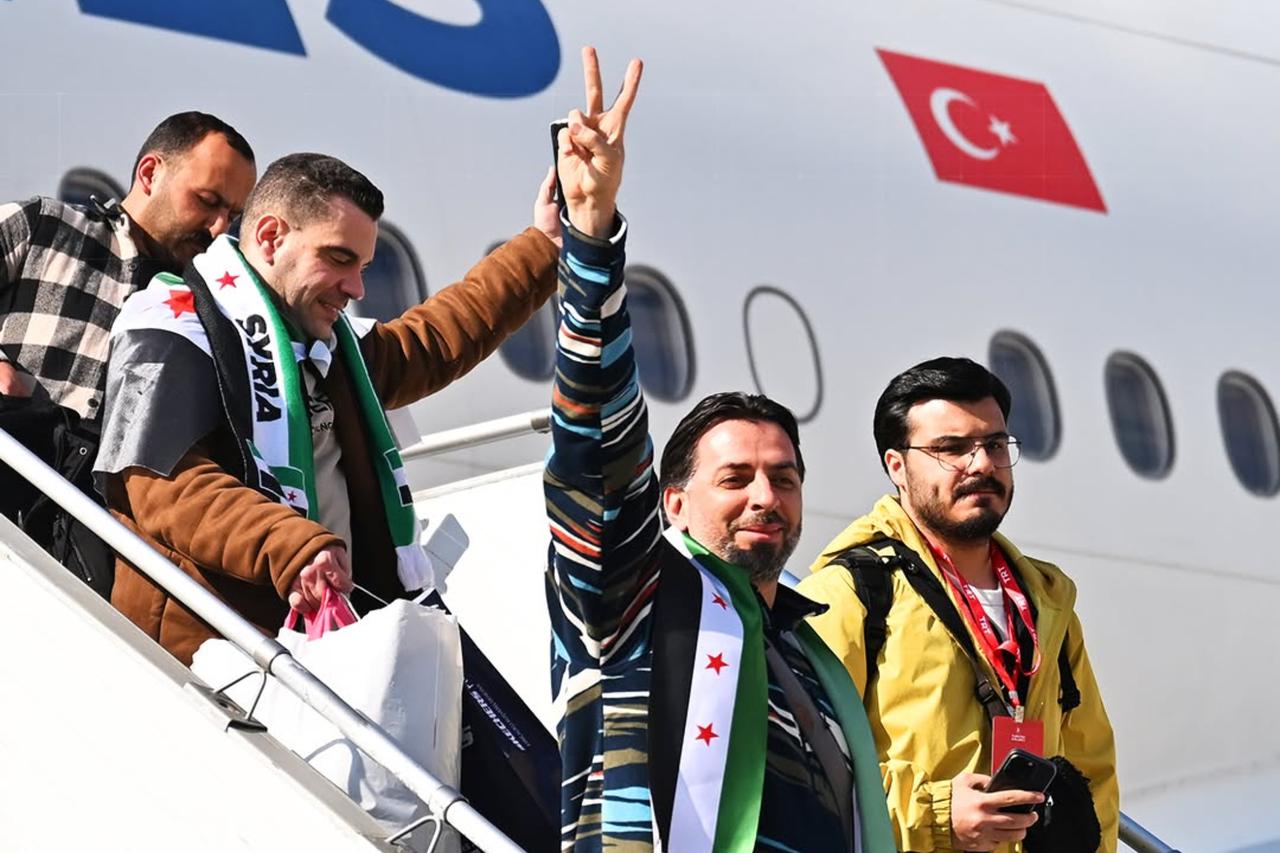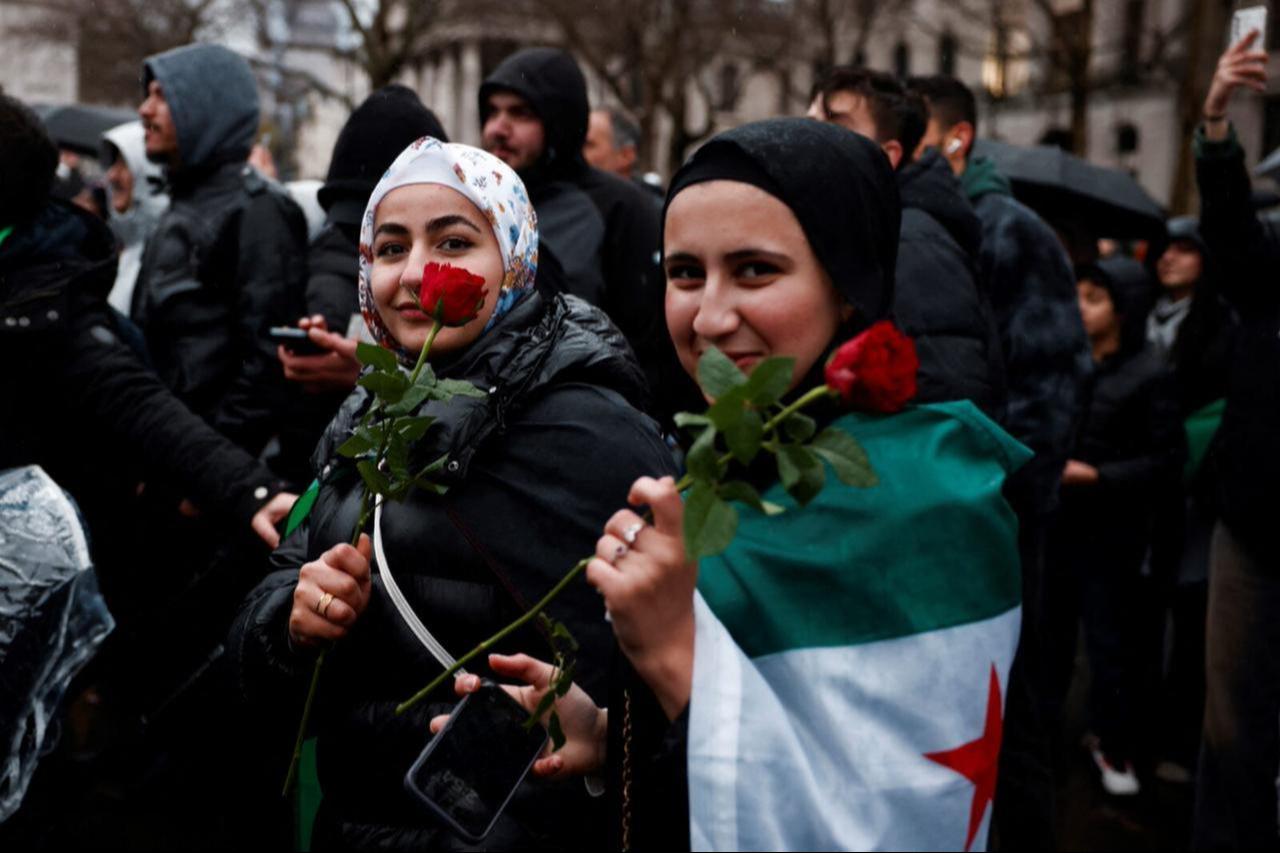
A European study has found that Syrians in Türkiye succeed as entrepreneurs not because of financial resources alone, but because the country fosters a sense of belonging and provides early legal protection that helps them rebuild their lives.
The research, titled “A Self-Anchoring View of Forced Migrants’ Business Performance in Host Countries,” was published in the International Business Review in February 2025.
The study finds that the factors behind migrants’ success depend less on capital or skills alone and more on how they perceive their place within society—citing the experience of Syrians in Türkiye and calling this sense of belonging a “host country identity.”
According to the research, about 3.35 million Syrians were registered under the Syrians Under Temporary Protection (SUTP) program in 2023, and there were 15,159 businesses with at least one Syrian partner in 2019.

The study surveyed 170 Syrian business owners in Türkiye who had operated for at least three years and combined the findings with interviews from several nonprofit organizations supporting migrants.
The results point to three main factors shaping success: a sense of belonging to the host country, mastery of the Turkish language, and the timing of legal protection.
The study describes Türkiye as “a relevant host country context” because of its geographic proximity to Syria, cultural ties, and the presence of millions of displaced people under temporary protection.

The authors found that a strong sense of belonging to Türkiye—what they call a “host country identity”—plays a decisive role in determining whether a Syrian business thrives.
Entrepreneurs who see themselves as part of the Turkish social and institutional environment perform better both financially and in customer satisfaction.
This sense of identity, the study explains, helps Syrians align their business goals with local expectations, adapt their products to the market, and build long-term trust with Turkish customers and partners.
It also acts as a psychological anchor that gives entrepreneurs confidence to operate in a new and often uncertain environment.

Language proficiency was found to be a decisive link to markets and local contexts. Mastering Turkish helped business owners feel more connected to local markets and customers, while those with limited language skills often struggled to engage confidently or expand beyond their own communities.
“Local language mastery provides benefits such as successful adaptation to the local context and signals competence to Turkish counterparts,” the study said.
In contrast, perceived discrimination—whether social or institutional—undermined that sense of belonging, making business owners less likely to identify with the host society and reducing performance.
The study emphasized the importance of legal status, finding that Syrians who obtained temporary protection soon after arrival performed better than those who received it later.
Early formal protection, the researchers noted, serves as a stabilizing “holding environment,” reducing the negative effects of discrimination and uncertainty.
The paper also observed that perceived discrimination, whether in everyday interactions or administrative procedures, weakens entrepreneurs’ sense of belonging and negatively affects their business performance.
Examples from field interviews included rental refusals and customers avoiding Syrian-owned shops after learning about the owners’ backgrounds. Such experiences, the study said, distance individuals from society and discourage identification with the host community.
Türkiye, which hosted more than 3.3 million Syrians under temporary protection as of 2023, provided researchers with a large and diverse case study.
Through its mixed-method approach, the study shows that Türkiye’s institutional framework—particularly access to protection and opportunities for language learning—plays a significant role in shaping migrants’ long-term business performance.
The researchers argue that Syrian entrepreneurs’ success is not only an economic story but also a psychological one.
Feeling accepted, mastering the language, and gaining early legal recognition allow forced migrants to turn necessity into sustainable entrepreneurship.
As the host country identity acts as a bridge between experience and performance. It transforms the hardships of displacement into productive engagement with the host society.